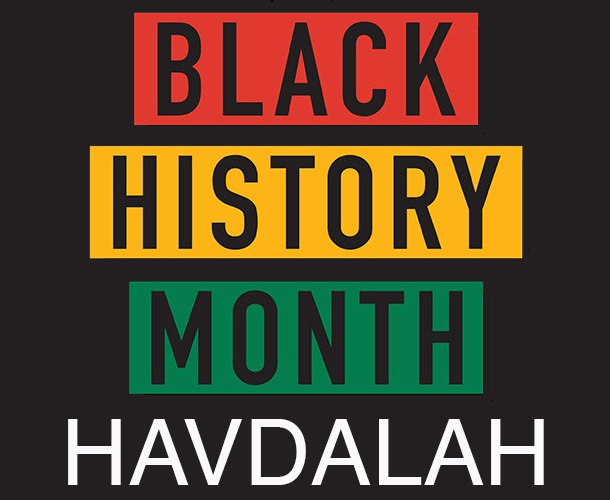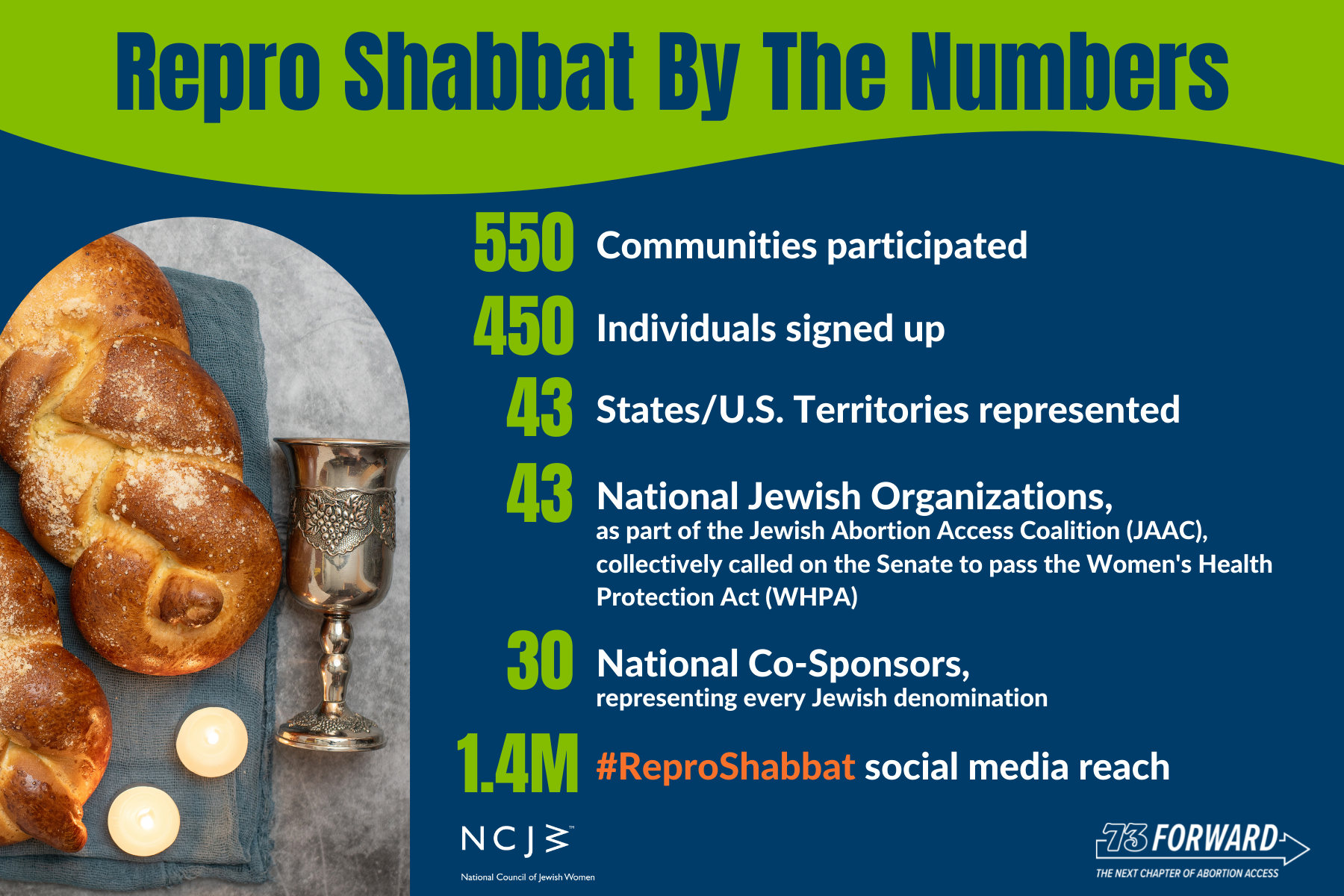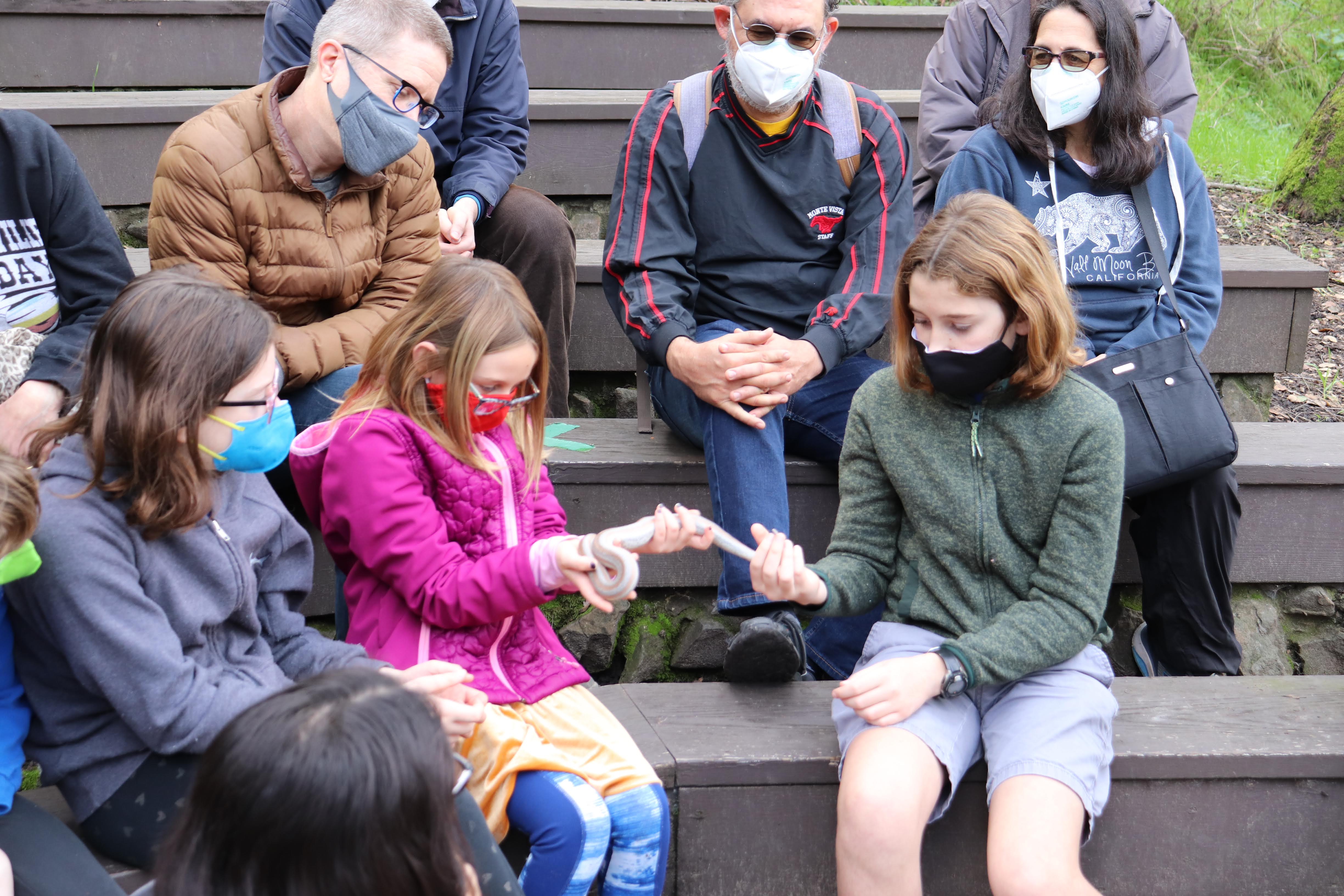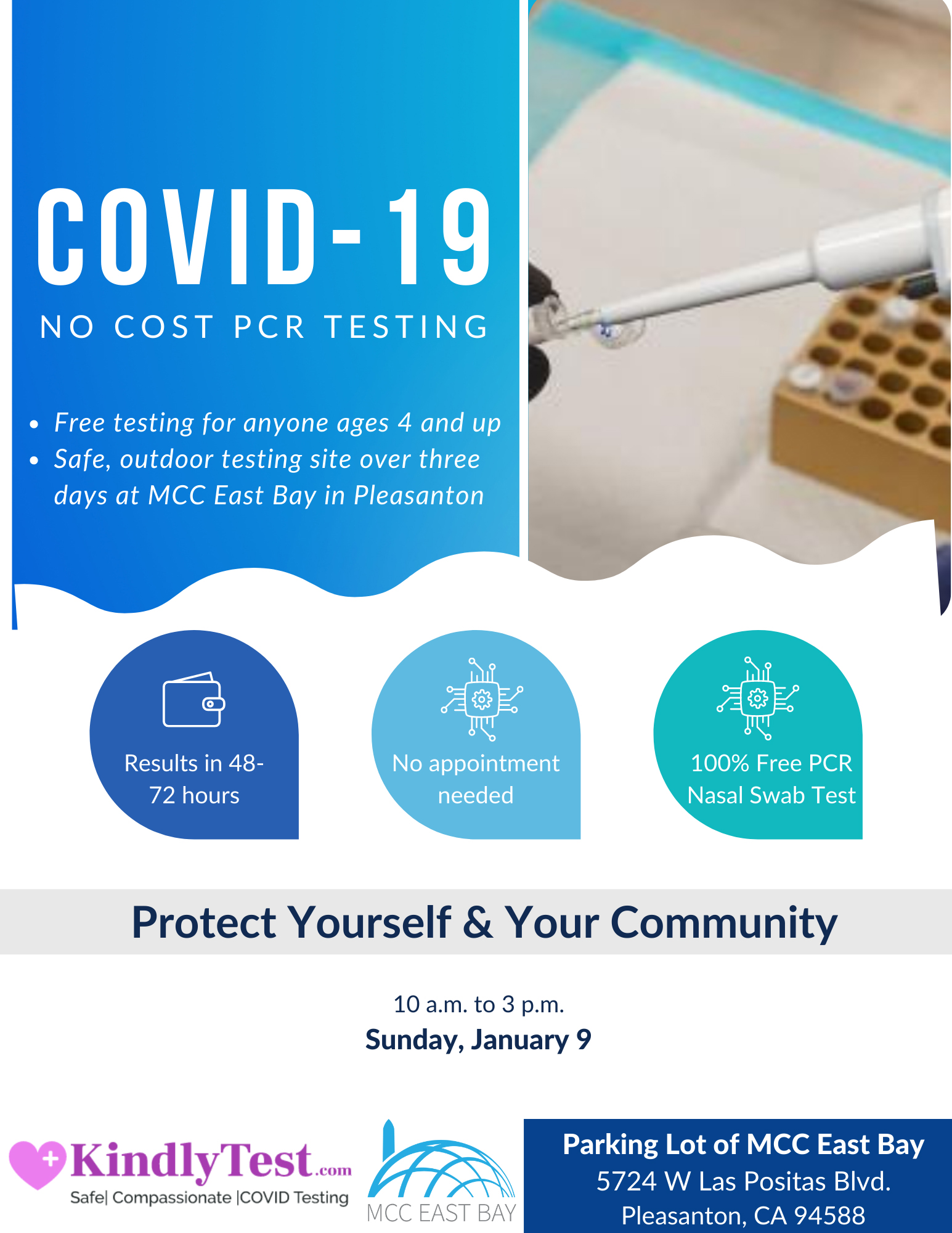Dear Interfaith Friends,
You are invited to our next virtual
Interfaith Interconnect Religion Chat
Wednesday, March 9, via Zoom. https://us02web.zoom.us/j/86485915504
Presentations: 5-6 p.m. Optional breakout discussion groups: 6-6:30 p.m.
We will present the 3rd program in our series,
“What holy books or other texts are important to your religion?”
Speakers: Pastor John Bost, Holy Cross Lutheran Church Livermore and Dr. Asad Tarsin, Muslim Community Center East Bay Pleasanton.
Zoom room will open at 4:45.
All are welcome!
The series will conclude on April 13, so be sure to save that date too!
If you missed the February 9 Religion Chat with speakers Rev. Ellie Kilpatrick of Unitarian Universalist Church Livermore and Mr. Bruce Bird, Church of Jesus Christ of Latter-day Saints, here is the link to the recording. https://youtu.be/lDGJ3XcpGKw
We look forward to seeing you on March 9!
Ruth Gasten and Marcia Elchesen
Interfaith Interconnect Leadership Committee








